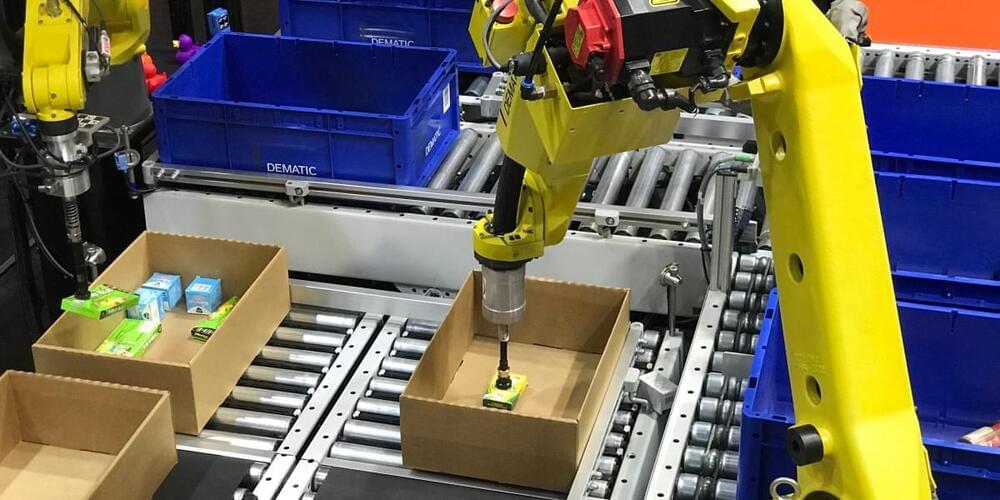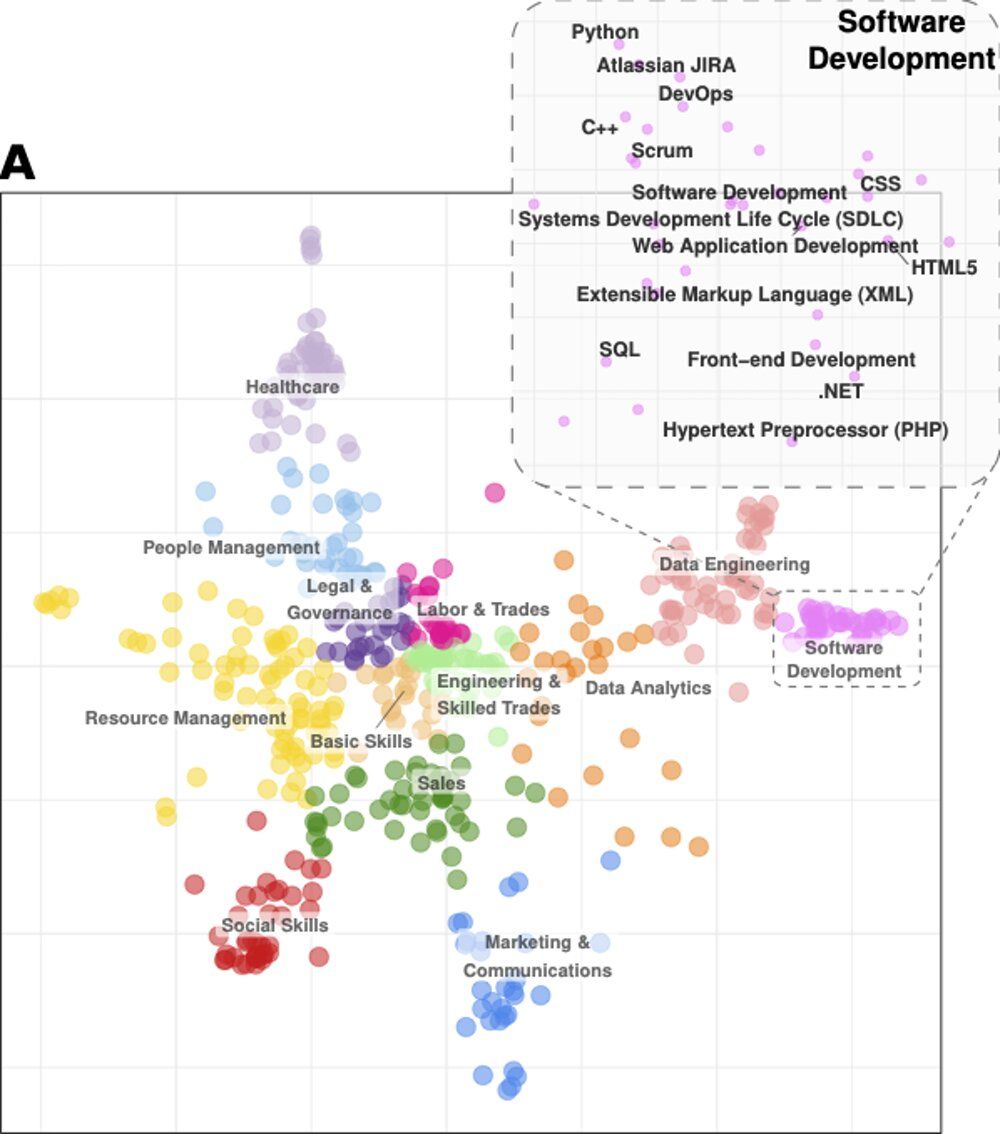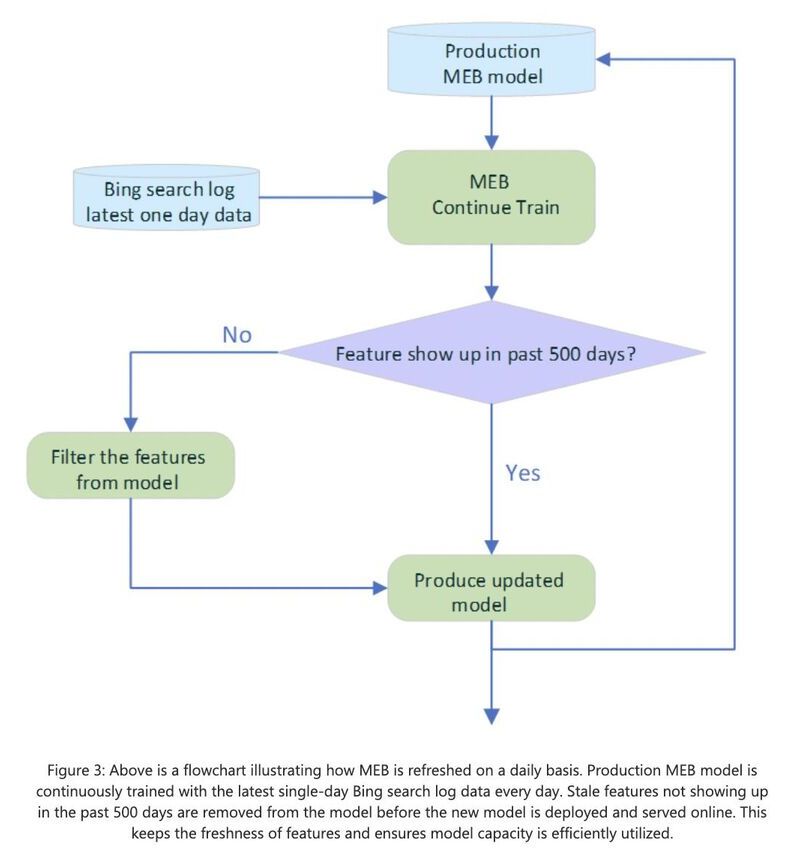Within a few years, any task that previously required hands to perform could be partially or fully automated away.


Accelerating norway towards a low-carbon economy — bjørn kjærand haugland, co-founder and CEO, skift.
Bjørn Haugland is the co-founder and Chief Executive Officer of SKIFT Business Climate Leaders (https://www.skiftnorge.no/english), a Norwegian business-led climate initiative with a mission to accelerate the transition to a low-carbon economy and support the government in delivering on its national climate commitments by 2030. The coalition hopes to demonstrate, to businesses and the government, the business potential that exists in the low-carbon economy and help drive the transition.
Mr. Haugland is the former Executive Vice President and the Chief Sustainability Officer in DNV GL Group where he oversaw the groups sustainability performance and drove company-wide sustainability initiatives.
Mr. Haugland has extensive experience assisting multinational companies in areas such as corporate sustainability, innovation and business development. He was responsible for the Global Opportunity Report, a joint initiative together with UN Global Compact and Sustainia, a fact-based sustainability consulting and communication firm.
Mr. Haugland is today a board member at the University of Bergen, WWF, The Peace Research Institute Oslo (PRIO), Sporveien and Kezzler. He is also member of the advisory Board for Centre for Responsible Leadership. He is co-founder of Zeabuz, a new service for urban, emission free, autonomous ferries and Terravera, a tech foundation to make sustainability a reality by giving anyone insights to support their everyday decisions. He is member of the The Norwegian Board of Technology (NBT) that advises the Norwegian Parliament and Government on new technology as well as a member of Norwegian Academy of Technological Sciences.

The typical Australian will change careers five to seven times during their professional lifetime, by some estimates. And this is likely to increase as new technologies automate labor, production is moved abroad, and economic crises unfold.
Jobs disappearing is not a new phenomenon—have you seen an elevator operator recently? – but the pace of change is picking up, threatening to leave large numbers of workers unemployed and unemployable.
New technologies also create new jobs, but the skills they require do not always match the old jobs. Successfully moving between jobs requires making the most of your current skills and acquiring new ones, but these transitions can falter if the gap between old and new skills is too large.
Can we ever reverse-engineer our thinking? This is one of the questions addressed in my new cinematic documentary Consciousness: Evolution of the Mind making a splash around the world. The film is now available for viewing on demand on Vimeo, Plex, Tubi, Social Club TV and other global networks with its worldwide premiere aired on June 8, 2021. This is my take on the nature of consciousness and reverse engineering of our mental faculties in order to create AGI. Enjoy!
#Consciousness #Evolution #Mind #Documentary #Film #Introduction
A new documentary film Consciousness: Evolution of the Mind is now available for viewing on demand on Vimeo, Plex, Tubi, Social Club TV and other global networks with its worldwide premiere aired on June 8, 2021. This is a futurist’s take on the nature of consciousness and reverse engineering of our thinking. Hosted by the author of the book upon which the film is based ― The Syntellect Hypothesis: Five Paradigms of the Mind’s Evolution by Alex M. Vikoulov.
[Transcript} Hi! My name is Alex Vikoulov, I’m a futurist, evolutionary cyberneticist and philosopher of mind. In this film, you’re about to come across certain novel ideas and concepts that go beyond conventionality and some views of mainstream academia, so I urge you to keep an open mind! In this documentary I report my own findings and research along with certain logically consistent metaphysical extrapolations.

Transformer-based deep learning models like GPT-3 have been getting much attention in the machine learning world. These models excel at understanding semantic relationships, and they have contributed to large improvements in Microsoft Bing’s search experience. However, these models can fail to capture more nuanced relationships between query and document terms beyond pure semantics.
The Microsoft team of researchers developed a neural network with 135 billion parameters, which is the largest “universal” artificial intelligence that they have running in production. The large number of parameters makes this one of the most sophisticated AI models ever detailed publicly to date. OpenAI’s GPT-3 natural language processing model has 175 billion parameters and remains as the world’s largest neural network built to date.
Microsoft researchers are calling their latest AI project MEB (Make Every Feature Binary). The 135-billion parameter machine is built to analyze queries that Bing users enter. It then helps identify the most relevant pages from around the web with a set of other machine learning algorithms included in its functionality, and without performing tasks entirely on its own.

Stanford is looking to democratize research on artificial intelligence and medicine by releasing the world’s largest free repository of AI-ready annotated medical imaging datasets. This will allow people from all over the world to access specific data that they need for their respective projects, which could lead to potentially life-saving breakthroughs in these fields.
The use of artificial intelligence in medicine is becoming increasingly pervasive. From analyzing tumors to detecting a person’s pumping heart, AI looks like it will have an important role for the near future.
The AI-powered devices, which can rival the accuracy of human doctors in diagnosing diseases and illnesses, have been making strides as well. These systems not only spot a likely tumor or bone fracture but also predict the course of an illness with some reliability for recommendations on what to do next. However, these systems require expensive datasets that are created by humans who annotate images meticulously before handing them over to compute power, so they’re rather costly either way you look at it given their price tags–millions even if your data is purchased from others or millions more if one has created their own dataset painstakingly through careful annotation of images such as CT scans and x-rays along with MRI’s etcetera depending upon how advanced each system needs be.
Bear Flag Robotics, a developer of autonomous driving technology for tractors, is being acquired by John Deere for $250 million.

Driver Clocks And Longevity — Dissecting True Functional “Drivers” Of Aging Phenotypes — Dr. Daniel Ives Ph.D., Founder and CEO — Shift Bioscience Ltd.
Dr. Daniel Ives, Ph.D. is Founder and CEO of Shift Bioscience Ltd. (https://shiftbioscience.com), a biotech company making drugs for cellular rejuvenation in humans through the application of machine-learning ‘driver’ clocks to cellular reprogramming, and is the scientific founder who first discovered the gene shifting targets upon which the Shift drug discovery platform is based.
Dr. Ives graduated from Imperial College with a degree in biochemistry and gained his PhD in 2013 working at the MRC Mitochondrial Biology Unit in Cambridge. He carried out his post-doctoral studies under Ian Holt at the National Institute of Medical Research in Mill Hill, now part of the Crick Institute, pursuing damage-removal strategies for mitochondrial DNA mutations.
In 2016 Dr. Ives left the Crick Institute and founded Shift Bioscience to commercialize mitochondrial targeted drugs for age linked diseases, incorporating novel ageing biomarkers technologies, CRISPR screens, and other tools to dissect true functional ‘drivers’ of ageing phenotypes.
The U.S. Air Force is looking to field a new type of low-cost yet advanced drone to be used as an “Off-Board Sensing Station,” or OBSS. Details remain very limited, and the few publicly available Air Force Research Laboratory documents on the program state that specifics are only available to approved contractors. Still, according to Kratos, one of the companies involved with the effort, the new unmanned platform could potentially end up being as revolutionary as the firm’s stealthy XQ-58 Valkyrie has been.
The remarks about the OBSS program were made by Eric DeMarco, President and Chief Executive Officer of Kratos Defense & Security Solutions, during a company earnings call this week. DeMarco says that if the program is successful, the company believes it “could ultimately be as significant and transformational to Kratos as we expect Valkyrie to be.” The CEO added that the OBSS program is a signal that “the total addressable market opportunity for Kratos’ class of tactical drones is rapidly expanding and clarifying, as the Department of Defense strives for affordable force multiplier systems and technologies.”